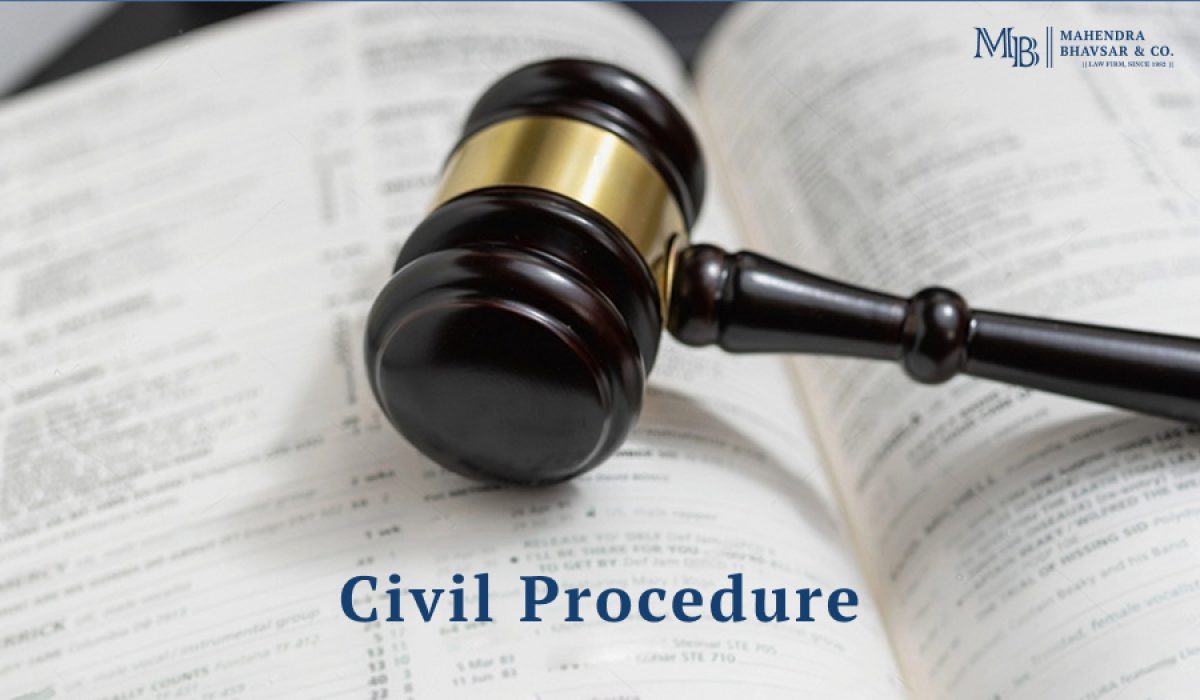Introduction
This article provides a detailed analysis of the judgment delivered by the apex court on April 23, 2025, in the matter of Sri Shrikant NS & Ors. v. K. Munivenkatappa & Anr. (Civil Appeal Nos. 307 & 308 of 2025). The ruling addresses pivotal procedural issues in civil litigation, particularly relating to the production of documents under Order XI Rule 14 of the Code of Civil Procedure, 1908 (CPC) and the raising of additional grounds in a first appeal.
Facts of the Case
The dispute traces back to a land grant made in 1926 by the Government of Mysore to the father of Respondent No. 1. The land in question (Survey No. 11/2) was later purchased by the Appellants’ grandmother via a registered sale deed in 1939. Mutation was recorded in her name the same year.
Following subsequent legal proceedings, the current appeals arose from an order of the first appellate court that:
- Allowed the Respondents’ application (I.A. No. 2) under Order XI Rule 14 CPC for production of the Mutation Register, and
- Permitted raising additional grounds in the appeal through I.A. No. 5.
The Appellants challenged this order via a writ petition, which was rejected, resulting in the appeals now decided by the Supreme Court.
Issues Before the Court
- Whether the production of the Mutation Register under Order XI Rule 14 CPC was legally permissible during a first appeal concerning the rejection of a plaint under Order VII Rule 11 CPC.
- Whether raising additional grounds in the first appeal was justified.
Reasoning of the Court
On Production of Documents:
The Court reiterated that when a plaint is rejected under Order VII Rule 11, courts must confine themselves strictly to the contents of the plaint. It clarified:
- No external documents can be referred to for determining the maintainability of the suit.
- The Mutation Register sought to be produced via I.A. No. 2 was irrelevant at this stage and outside the purview of the appeal’s scope.
It held that the appellate court’s reliance on an unrelated criminal matter and its observation during SLP dismissal had no bearing on the civil issue. Hence, the permission granted to produce the Mutation Register was beyond jurisdiction and liable to be set aside.
On Additional Grounds in Appeal:
The Court found no infirmity in the appellate court’s decision to allow additional grounds via I.A. No. 5. Appellate courts possess inherent discretion to allow additional arguments if they assist in the complete and effective adjudication of the appeal. There was no misuse of judicial power in this aspect.
Conclusion
The Supreme Court partially allowed the appeal, setting aside the first appellate court’s order permitting the production of the Mutation Register, while upholding the permission to raise additional grounds.
This judgment highlights two critical procedural principles:
- In matters involving Order VII Rule 11 CPC, only the plaint’s contents can be examined; introduction of documents via Order XI Rule 14 is inappropriate.
- Appellate courts may, however, allow additional legal grounds to be argued, ensuring fair adjudication and justice.
FAQs:
Q1: Can a civil court reject a lawsuit just by reading the complaint?
Yes. Under Order VII Rule 11 of the Civil Procedure Code (CPC), a court can reject a plaint if it shows on its face that it doesn’t disclose a valid legal claim. The court doesn’t need to consider any extra evidence or documents.
Q2: Can I add new arguments in my appeal even if I didn’t raise them earlier?
Yes, appellate courts may allow new legal points to be raised during the appeal if they are necessary for a fair decision. But the facts of the case must remain the same—the new grounds can’t change the nature of the dispute.
Q3: Can I submit extra documents during a civil appeal to support my case?
Generally, no. When challenging a case rejection under Order VII Rule 11, the court looks only at what’s written in the plaint. Even Order XI Rule 14, which allows for document production, doesn’t apply at this preliminary stage.
Q4: What happens if my plaint is rejected by the trial court?
You can file a civil appeal. But in such appeals, the reviewing court will only examine whether the trial court rightly applied the law to the contents of your plaint—it won’t re-evaluate facts or new materials not part of the original plaint.
Q5: When can courts ask for documents under Order XI Rule 14 CPC?
Courts can use Order XI Rule 14 to direct a party to produce documents, but only after the case has moved past the initial scrutiny stage. This rule is used to aid the trial—not to fix defects in a plaint at the outset.
Stay informed with insights that matter. Follow us for more updates on key legal developments.
Disclaimer
The content provided here is for general information only; it does not constitute legal advice. Reading them does not create a lawyer-client relationship, and Mahendra Bhavsar & Co. disclaims all liability for actions taken or omitted based on this content. Always obtain advice from qualified counsel for your specific circumstances. © Mahendra Bhavsar & Co.
